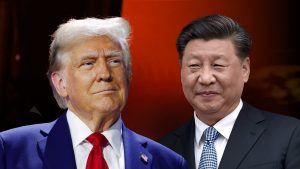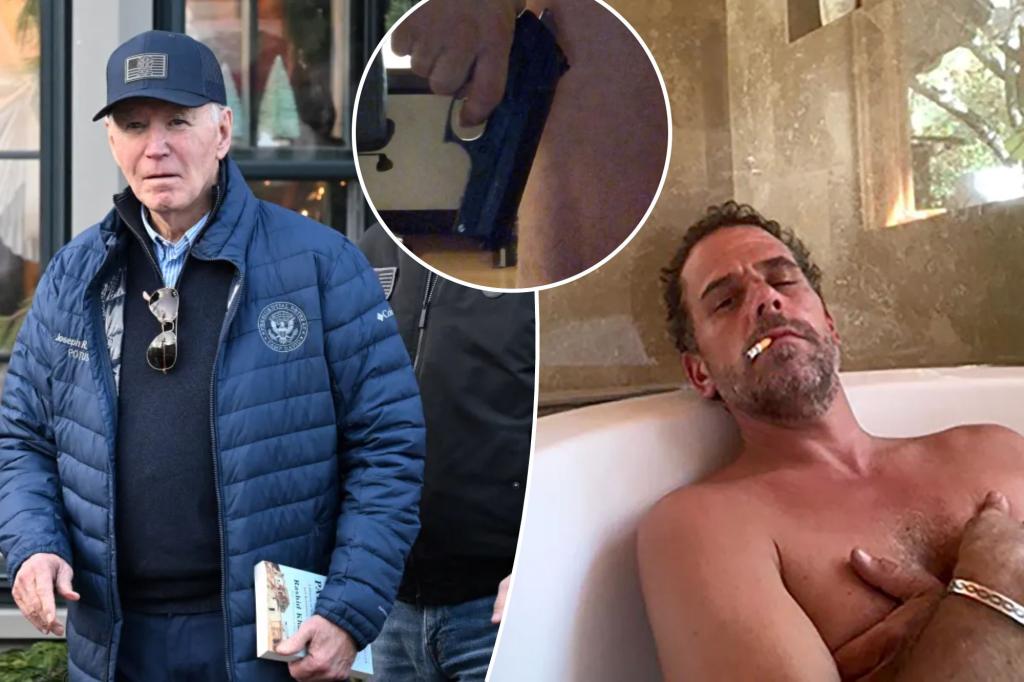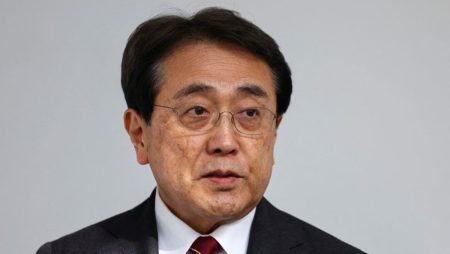On Monday, Special Counsel David Weiss publicly dismissed claims made by President Biden regarding the prosecution of his son, Hunter Biden. The President had previously stated that Hunter was “selectively and unfairly prosecuted” for federal tax and gun-related offenses. Weiss, in a filing to the U.S. District Court for the Central District of California, countered this assertion, articulating that the decision by a grand jury to indict Hunter was based on a finding of probable cause and should remain valid. He emphasized that despite Hunter having received clemency through a pardon, this does not invalidate the underlying charges. Weiss stressed that Hunter’s allegations of improper motives behind the prosecution are unfounded and have not been substantiated by any courts.
President Biden’s pardon of Hunter was conveyed as a response to what he described as a biased judicial process. The 82-year-old President stated, “From the day I took office, I said I would not interfere with the Justice Department’s decision-making, and I kept my word even as I have watched my son being selectively, and unfairly, prosecuted.” Biden went further to express that any reasonable person observing the circumstances would agree that Hunter was unfairly targeted due to his familial relationship with the President, labeling his treatment as a “miscarriage of justice.” Weiss’s response sought to refute these claims and assert that the legal proceedings against Hunter were both justified and appropriately handled.
Weiss reiterated that both the judges presiding over Hunter’s tax and gun cases found his claims of selective prosecution to be baseless, describing them as “nonsensical.” He noted that the courts had previously rejected similar statements made by Hunter in the context of his prosecution, emphasizing the absence of any evidence to support claims of vindictive or selective prosecution against him. Moreover, Weiss claimed that Hunter’s assertions have no backing within the pertinent laws of the district, thereby reinforcing the integrity of the indictments.
In April, U.S. District Judge Maryellen Noreika dismissed Hunter’s request to drop the federal gun charges, stating that the argument for selective prosecution contradicted the factual matrix. Judge Noreika highlighted that the Executive Branch acting against Hunter was led by his father, the sitting President, undermining any notion that the legal actions stemmed from improper motives targeting him as the President’s son. She further indicated that any influence exerted by Congressional Republicans on the Executive Branch lacked evidence of success, thus reinforcing the legitimacy of the prosecution initiated by the Department of Justice.
The nature of Hunter Biden’s legal troubles includes a plea deal reached in September concerning nine counts related to unpaid taxes and a conviction on three federal gun charges related to illegal possession, stemming from his struggles with substance addiction. His sentencing is scheduled, with the gun case set for December 12 and the tax-related charges for December 16. The pending sentences loom over Hunter, with the legal system continuing to navigate the intersection of his personal struggles and the broader implications of his father’s presidency.
Despite the ongoing legal proceedings and public discourse surrounding Hunter Biden’s cases, the contrast between presidential authority and the independence of the Justice Department remains a focal point of contention. Weiss’s assertions remind the public that irrespective of familial ties to the president, legal standards and justifications play a critical role in judicial outcomes, thereby highlighting the complexities involved in the prosecution of high-profile cases like that of Hunter Biden. The discourse reflects broader societal dialogues about accountability and the perceived disparities within the justice system, further compounded by the unique circumstances surrounding Hunter’s situation as the son of a sitting president.










